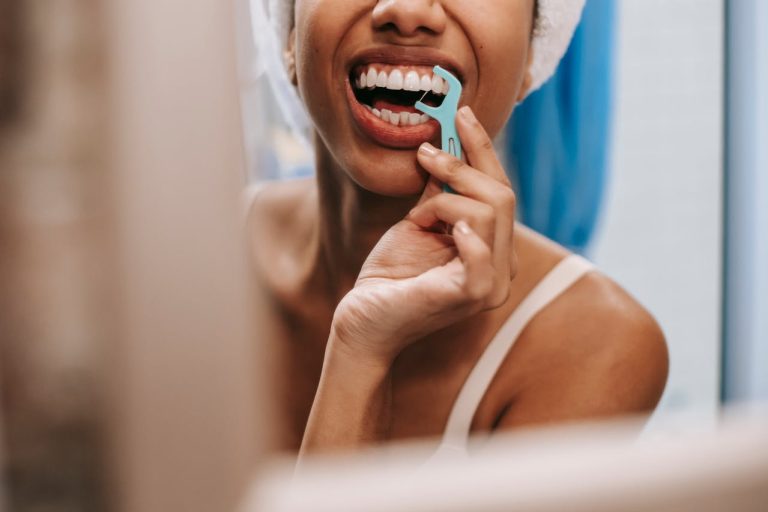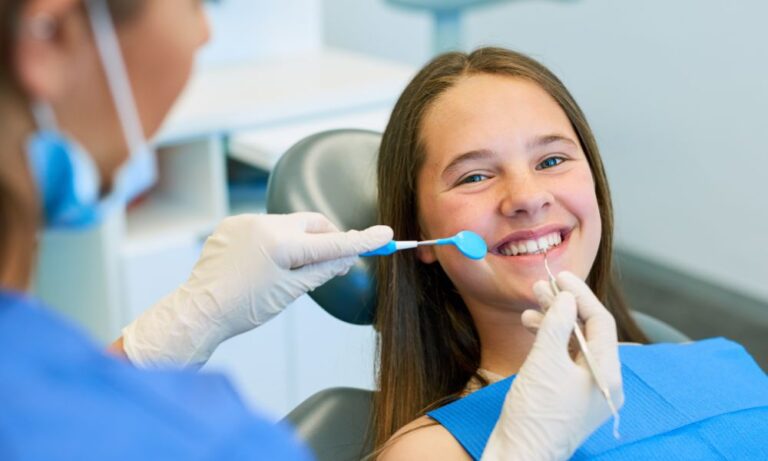Good oral hygiene is crucial for every member of the family. It helps us maintain healthy teeth and gums, preventing issues like cavities, gum disease, and bad breath. When we practice good oral care, we enjoy brighter smiles, fresher breath, and overall better health. This guide offers valuable advice to help Northglenn families take charge of their oral hygiene.
Understanding the Basics of Oral Hygiene
The Importance of Starting Young
Starting oral hygiene practices at a young age is crucial for lifelong dental health. When we teach our kids to brush and floss early, they develop good habits that follow them into adulthood. Consistent oral care prevents cavities and gum disease, making their visits to the dentist more pleasant. Introducing fun tools like colorful toothbrushes and flavored toothpaste can make brushing an enjoyable part of their daily routine.
Common Oral Hygiene Mistakes to Avoid
Sometimes, we think we’re doing everything right, but small mistakes can still harm our oral health. Brushing too hard can damage gums and enamel. Using a worn-out toothbrush is another common mistake; it loses effectiveness over time. Skipping flossing because it’s inconvenient allows plaque to build up between teeth. Making sure everyone in the family uses proper techniques helps us avoid these pitfalls and keeps our mouths healthy.
Key Components of Effective Oral Hygiene
Effective oral hygiene includes several key steps. Brushing twice a day for two minutes each time removes plaque and food particles. Flossing daily reaches areas that brushing misses, preventing cavities and gum disease. Using fluoride toothpaste strengthens enamel and protects against decay. Don’t forget the tongue; scraping or brushing it removes bacteria that cause bad breath. Combining these steps ensures comprehensive mouth care.
Daily Oral Care Routines for Families
Brushing and Flossing for All Ages
Everyone in the family, from toddlers to grandparents, benefits from proper brushing and flossing. Young kids may need help to ensure they brush all surfaces and floss properly. For teenagers and adults, setting a good example and maintaining a routine keeps everyone’s teeth and gums healthy. Using a timer or a fun song can encourage kids to brush for the full two minutes.
Choosing the Right Dental Products for Your Family
Selecting the right products makes a big difference in oral care. Soft-bristled toothbrushes are gentle on gums and enamel. For young children, toothbrushes with smaller heads and easy-to-grip handles are perfect. Fluoride toothpaste helps strengthen teeth and fight cavities. Mouthwash can add extra protection against bacteria. Tailoring products to family members’ needs ensures everyone gets the best care.
The Role of a Balanced Diet in Oral Health
What we eat has a significant impact on our oral health. A balanced diet rich in fruits, vegetables, lean proteins, and dairy supports strong teeth and gums. Crunchy fruits and veggies help clean teeth naturally and stimulate gums. Limiting sugary snacks and drinks reduces the risk of cavities. Encouraging healthy eating habits benefits the whole family’s dental well-being.
Tips for Keeping Your Family Motivated
Keeping the family motivated to stick to their oral care routine can be challenging but rewarding. Brushing and flossing should be a family activity where everyone participates together. Use rewards like stickers or a small treat when kids follow their routine. Regularly update toothbrushes with fun designs. By making oral care an engaging and shared experience, we build habits that last a lifetime.
Preventive Care and Regular Dental Visits
Scheduling Dental Check-Ups and Cleanings
Regular dental check-ups are essential for maintaining our family’s oral health. We should schedule visits at least twice a year. These appointments help us catch problems like cavities and gum disease early. Professional cleanings remove plaque and tartar that we might miss with brushing and flossing. Regular visits also give us a chance to get personalized advice from our dentist.
Identifying Early Signs of Oral Problems
Knowing the early signs of oral problems helps us take action before they get worse. We should look out for symptoms like bleeding gums, bad breath, or tooth sensitivity. Pain or swelling in the mouth is also a warning sign. If any of these symptoms appear, it’s important to visit the dentist right away to prevent further issues.
Understanding Fluoride Treatments and Sealants
Fluoride treatments and dental sealants are valuable preventive measures. Fluoride strengthens tooth enamel, making teeth more resistant to decay. Dentists apply it during regular visits. Sealants are thin coatings placed on the chewing surfaces of back teeth. They protect against cavities by sealing out food and bacteria. Both treatments are quick and painless, offering an extra layer of protection.
Importance of Professional Guidance in Oral Care
Professional guidance is crucial for effective oral care. Dentists and hygienists provide advice tailored to our family’s specific needs. They teach us proper techniques and recommend the best products. Regular check-ups include cleanings that keep our teeth and gums healthy. Following professional advice helps us avoid common mistakes and ensures we’re doing everything we can for our oral health.
Creating a Family-Friendly Oral Hygiene Plan
Customizing Oral Hygiene Routines for Different Family Members
Every family member has different oral health needs. Customizing routines ensures everyone gets the care they need. For example, younger children may need help brushing and flossing, while teenagers might use orthodontic devices that require special attention. Adults and seniors have their own unique dental needs as well. Tailoring oral care routines makes them more effective for everyone.
Setting Achievable Oral Health Goals Together
Setting goals as a family helps keep us motivated and accountable. These goals can be simple, like brushing twice a day or avoiding sugary drinks. We can create a chart or use an app to track our progress. Celebrating small victories together, like a week of successful flossing, encourages everyone to stick to the plan. Achieving goals boosts confidence and promotes a positive attitude toward oral hygiene.
Utilizing Tools and Technology for Better Oral Care
There are many tools and technologies available to enhance oral care. Electric toothbrushes can make brushing more effective and fun. Water flossers are a great option for people who find traditional flossing difficult. Apps and timers can remind us to brush and floss regularly. Using these tools makes it easier to maintain good oral hygiene habits.
Long-Term Benefits of a Cohesive Family Oral Hygiene Plan
A well-rounded family oral hygiene plan offers lasting benefits. By working together, we create a supportive environment that emphasizes the importance of dental health. Consistent routines prevent cavities and gum disease, leading to fewer dental problems and lower costs in the long run. A cohesive plan helps ensure that every family member enjoys a healthy, bright smile for years to come.
Conclusion
Good oral hygiene is vital for every member of our family. By understanding the basics and setting up daily routines, we maintain healthy teeth and gums. Regular dental visits and preventive care are key to catching problems early and keeping our smiles bright. Customized plans that consider everyone’s needs lead to the best results.
Creating and sticking to a family-oriented oral hygiene plan takes some effort, but the rewards are well worth it. Healthier teeth, fewer dental issues, and shared positive habits benefit everyone. Make your family’s oral health a priority today!
For expert guidance and support from a dentist in Colorado, contact Colorado Gum Care Northglenn, CO. We are here to help you achieve healthy smiles for the whole family. Schedule your consultation today!







